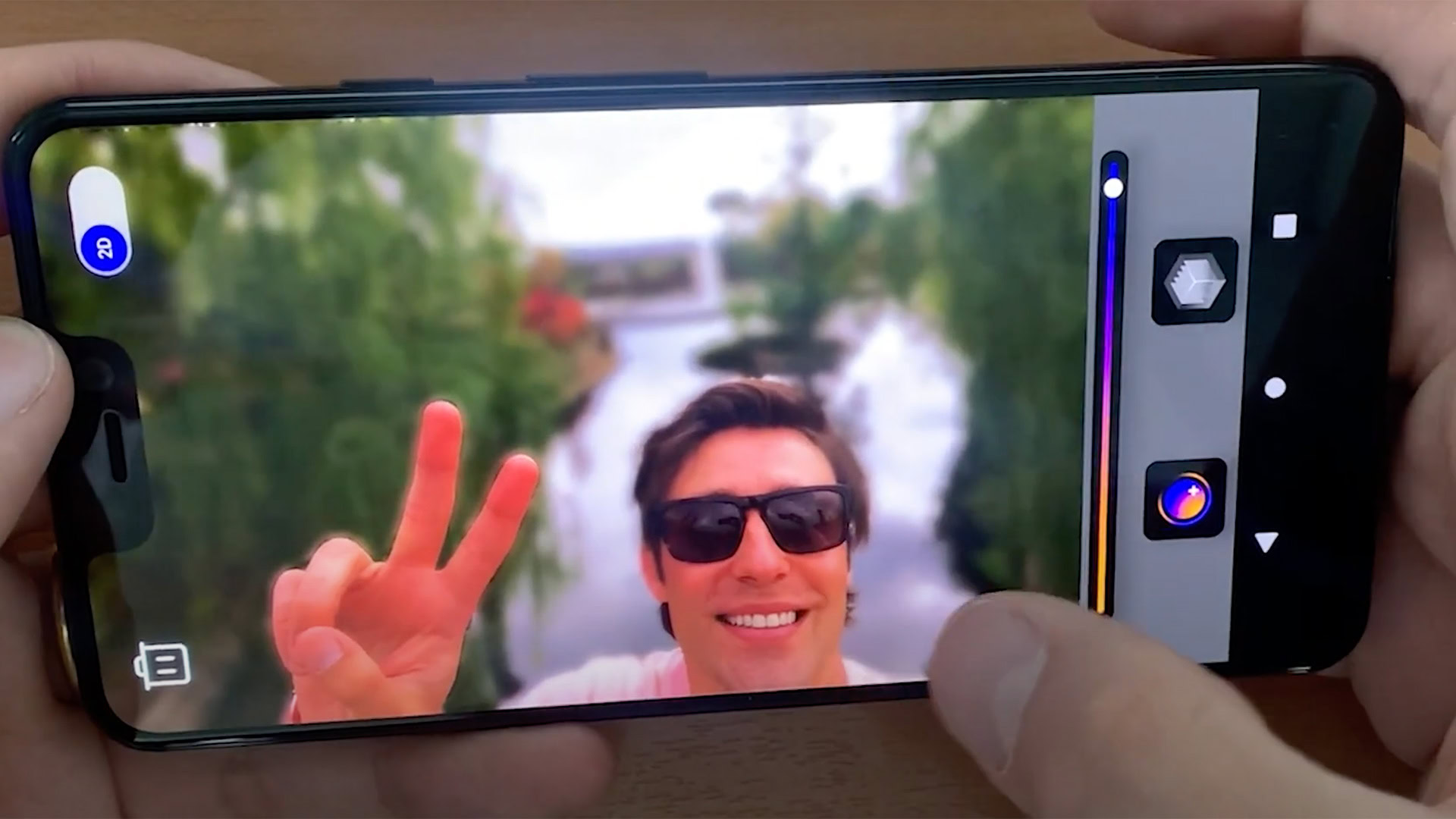Affiliate links on Android Authority may earn us a commission. Learn more.
A light field selfie camera might come to your next smartphone
Published onJune 14, 2021
- Intel-backed Wooptix and PoLight have developed a camera module and software kit to bring light field selfies to smartphones.
- You can refocus shots after you’ve taken them, or create 3D photos.
- It’s not clear how close this might be to production.
Have you ever taken a selfie and wished you could fix the focus afterward? You might get that chance soon, and without having to resort to elaborate software tricks or bulky camera setups. Intel-backed Wooptix and PoLight have teamed up to create a selfie camera module and developer kit that could bring Lytro-style light field cameras to smartphones.
Light field photography normally involves either a slew of sensors or a single camera with a microlens that lets it capture numerous “sub-images.” Wooptix and PoLight, however, have combined a solid-state tuneable lens (the TLens) with an algorithm that uses a collection of depth-based images to recreate light field data.
The result is a compact, and selfie-friendly light field camera that can perform photography tricks that are difficult even with phones that have depth-sensing front cams. You can readjust the focus just by tapping on an object, for example, but you can also create pseudo-3D images and even change the point of view. It’s fast enough to let you snap photos the way you do with present-day phones, Wooptix said.
See also: The best pop-up and slider camera phones
The companies didn’t mention in a release how close they were to delivering a practical light field camera for phones, although PoLight did say it could also be used for wearables and augmented reality tech.
It might take a while. Even with the developer kit ready, Wooptix and PoLight will have to find phone makers willing and able to use their light field camera technology in a shipping product. That’s also assuming the costs are reasonable — brand new technology typically carries a premium until the economies of scale improve. If the tech is practical enough, though, you might not have to worry that a best friend is blurry in your group shots.
